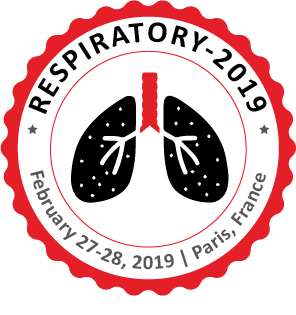Paula G. Carvalho
Professor
University Of Washington
U.S
Biography
Dr. Carvalho received a medical degree from the University Of Washington School Of Medicine and completed a residency in Internal Medicine, followed by fellowship training at the University of Washington. She is a professor of medicine in the Division of Pulmonary, Critical care, and Sleep Medicine and a Teaching Scholar at the University of Washington. She is the academic section chief of Pulmonary/Critical Care Medicine at the Boise VA Medical Center, as well as medical director of the intensive care unit and bronchoscopy service. Her research interests include medical simulation for critical care training, physiological and cellular responses to septic shock, and nitrergic control of the bronchial circulation. Dr. Carvalho holds certification by the American Board of Medicine in Internal Medicine, Pulmonary Diseases, Critical Care Medicine, Sleep Medicine, and Palliative Care Medicine. She is a member of the Board of Internal Medicine writing panel for Critical Care Medicine and an advisory member of the FDA Pulmonary panel. Dr. Carvalho has received teaching awards for 6 years from the University of Washington medical students and medical residents.
Research Interest
At the Boise VA Medical Center, we use a sheep model to study the bronchial circulation, hemodynamic alterations in septic shock, and pleural space infection. Specifically, our studies have addressed bronchial arterial receptors and nitrergic control, response to bronchodilators, and the changes in bronchial blood flow in response to lung injury. We have completed a series of studies on the hemodynamic response to non-ionic contrast in a model of occluded versus open pulmonary vasculature, and are currently in the process of starting a series of studies addressing airway mechanics and bronchial blood flow in response to ErBY cautery and airway heating.

